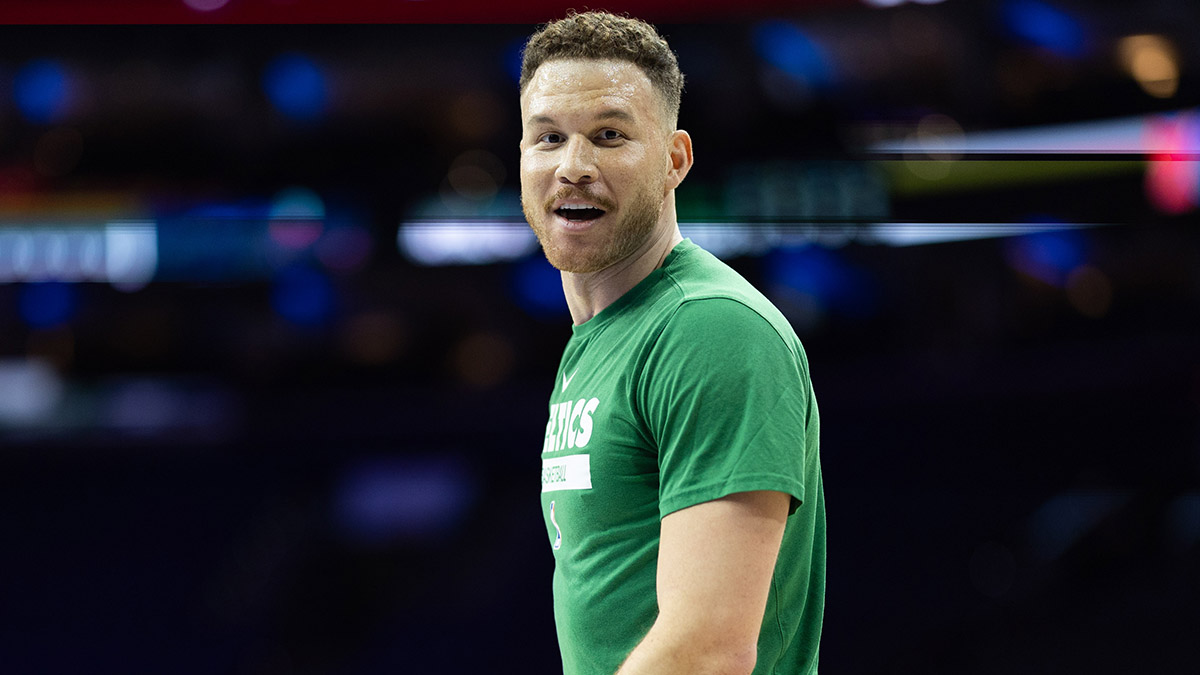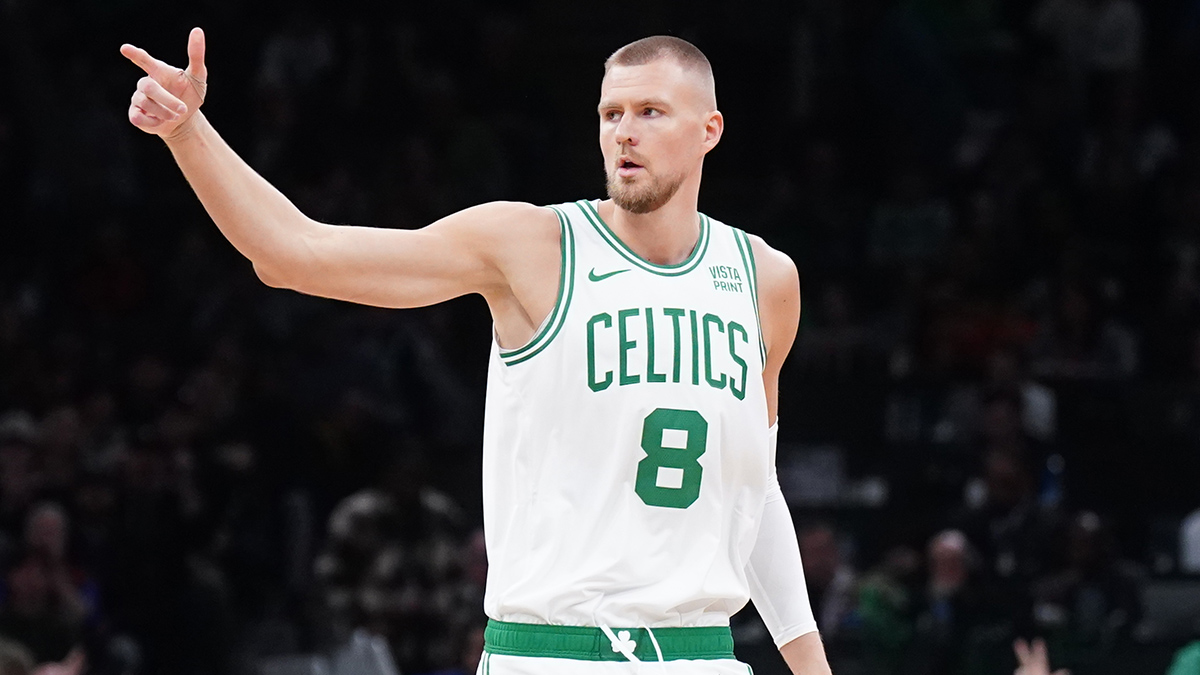
Finally, there appears to be some light - dimly lit, but light nonetheless - that a new Collective Bargaining Agreement between the NBA and the players union is on the horizon.
In fact, both sides said a new CBA could be agreed upon as early as Friday.
"We're within reach, within striking distance of getting a deal done," said Billy Hunter, Executive Director of the NBAPA. "It's just a question of, how receptive the NBA is and whether or not they want to do a deal."
Commissioner David Stern, who addressed the media shortly after Hunter, was a bit more cautiously optimistic in discussing the importance of Friday's bargaining session.
"There's no guarantee that we're going to get a deal done," Stern said. "But we're going to give it a heck of a shot."
While both sides agree that there's still plenty of key issues that have yet to be ironed out, it appears a deal is very much within striking distance.
Stern was asked if he had a concrete idea of what a new deal would likely look like between the NBA and the union.
Boston Celtics
"Yes," was his reply.
When asked to elaborate, he declined.
Both sides have spent the past couple days working towards reaching a consensus on several system-related issues, the biggest being the implementation of a new luxury tax system.
Under the old CBA, teams paid a 1 penalty for every dollar they exceeded the salary cap threshold, which was 70.3 million last season.
In a new CBA, the league wanted a system in which teams pay 1.75 per dollar for the first 5 million they exceed the luxury tax threshold. An increase of 50 cents would be tacked on for the next 5 million they were over.
For example, the Boston Celtics were about 6 million over the luxury tax threshold last season, so they paid about 6 million in luxury taxes.
Under the new system, a similar payroll would cost the C's about 11 million - 8.75 million for the first 5 million, and another 2.25 million for the other million.
According to NBA.com's David Aldridge, the union has "moved toward the league's numbers."
Hunter said reaching some consensus on the system was critical in moving forward in tackling the biggest issue of them all - how to split up the basketball-related income.
The union has insisted that they can not get into discussing BRI unless they had a better handle on they system-related issues.
However, the NBA has seen the two have two separate matters.
"One goes to the overall economic health of the league," said deputy commissioner Adam Silver. "The second issue goes to competitive balance and parity. We need to resolve both issues, but one is not dependent on the other."
Hunter sees it differently.
"Definitely have to have some agreement on the system," Hunter said. "Because if the system's not right, then as we've indicated before, the numbers aren't going to work. The two are inter-related. As we negotiate, we're also keeping in mind what we feel the number should be and we'll raise that tomorrow."
The union received 57 percent of the BRI under the old CBA, and have offered to have their take reduced to 52.5 percent. Meanwhile, the owners have put out several proposals, with the most recent being a 50-50 split of the BRI.
The union countered with a band that would give them at least 50 percent of the BRI, but no more than 53 percent.
"We're prepared to negotiate over everything," Stern said. "We're looking forward to it."
Both sides acknowledge that progress has been made, but it'll only get rougher now that the end is, for the first time, in sight.
"It's a tough process," said Derek Fisher, president of the NBAPA. "As we move through and try to close the gap in as many places as we can, it gets tougher towards the end."


